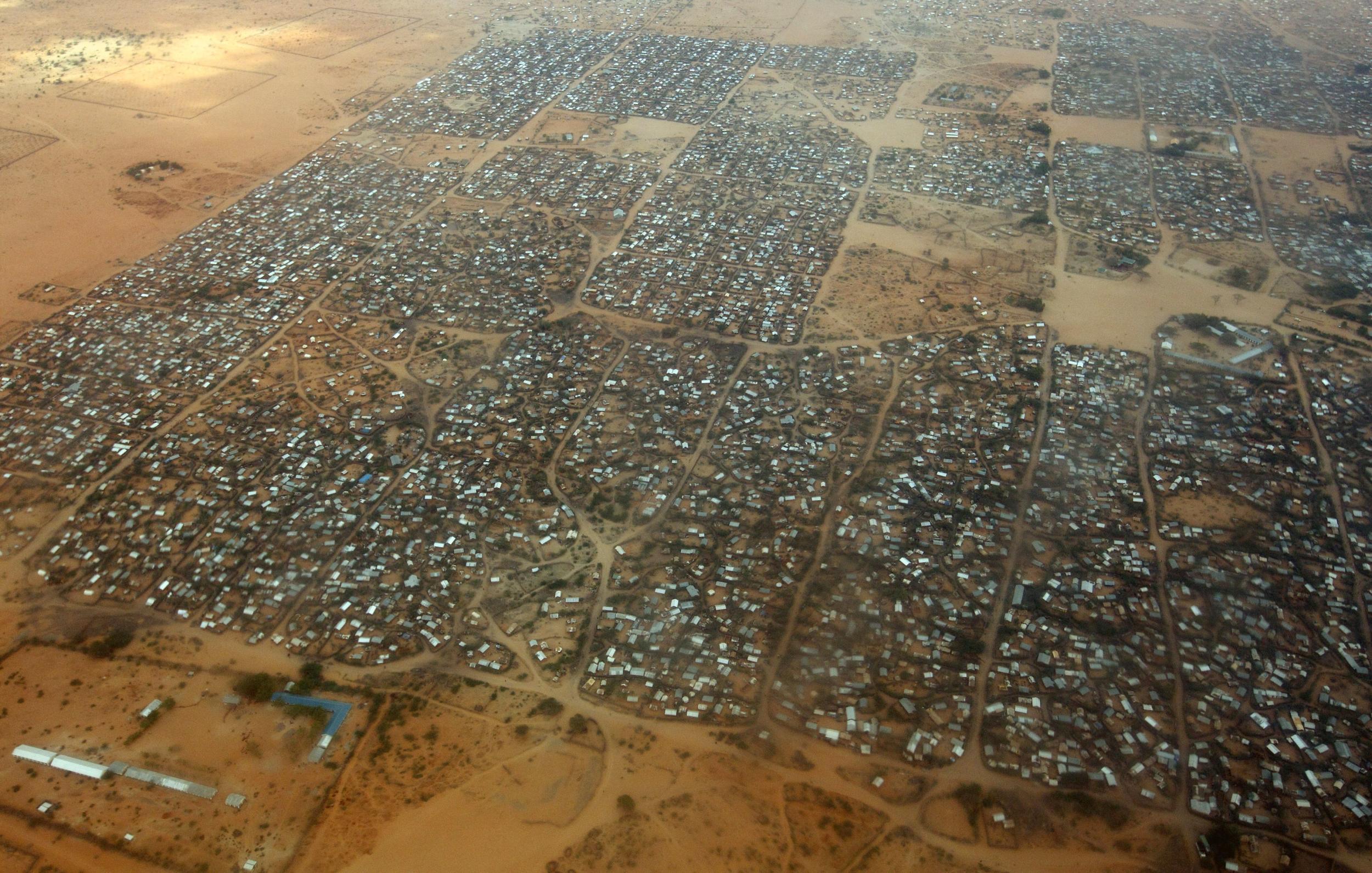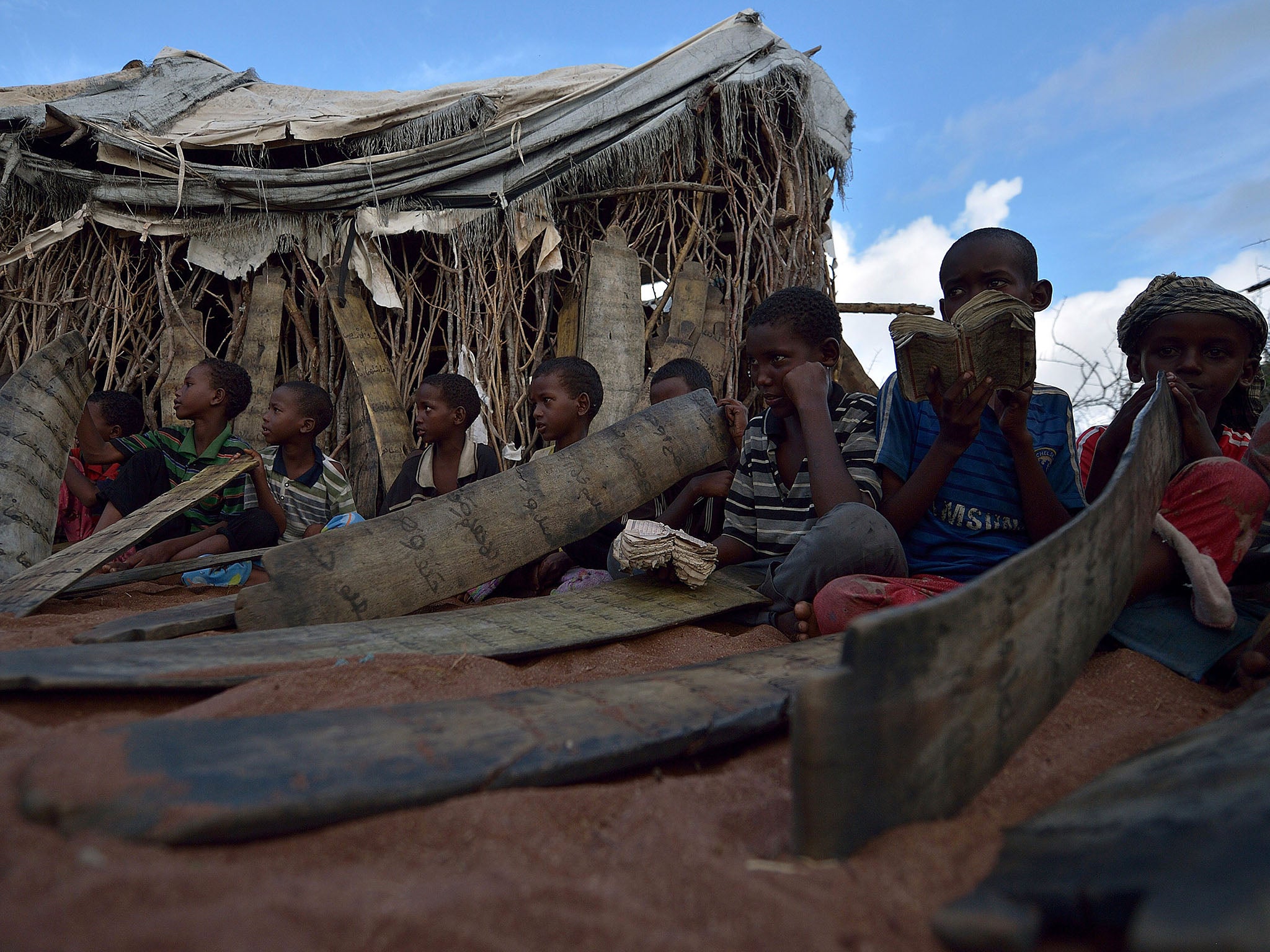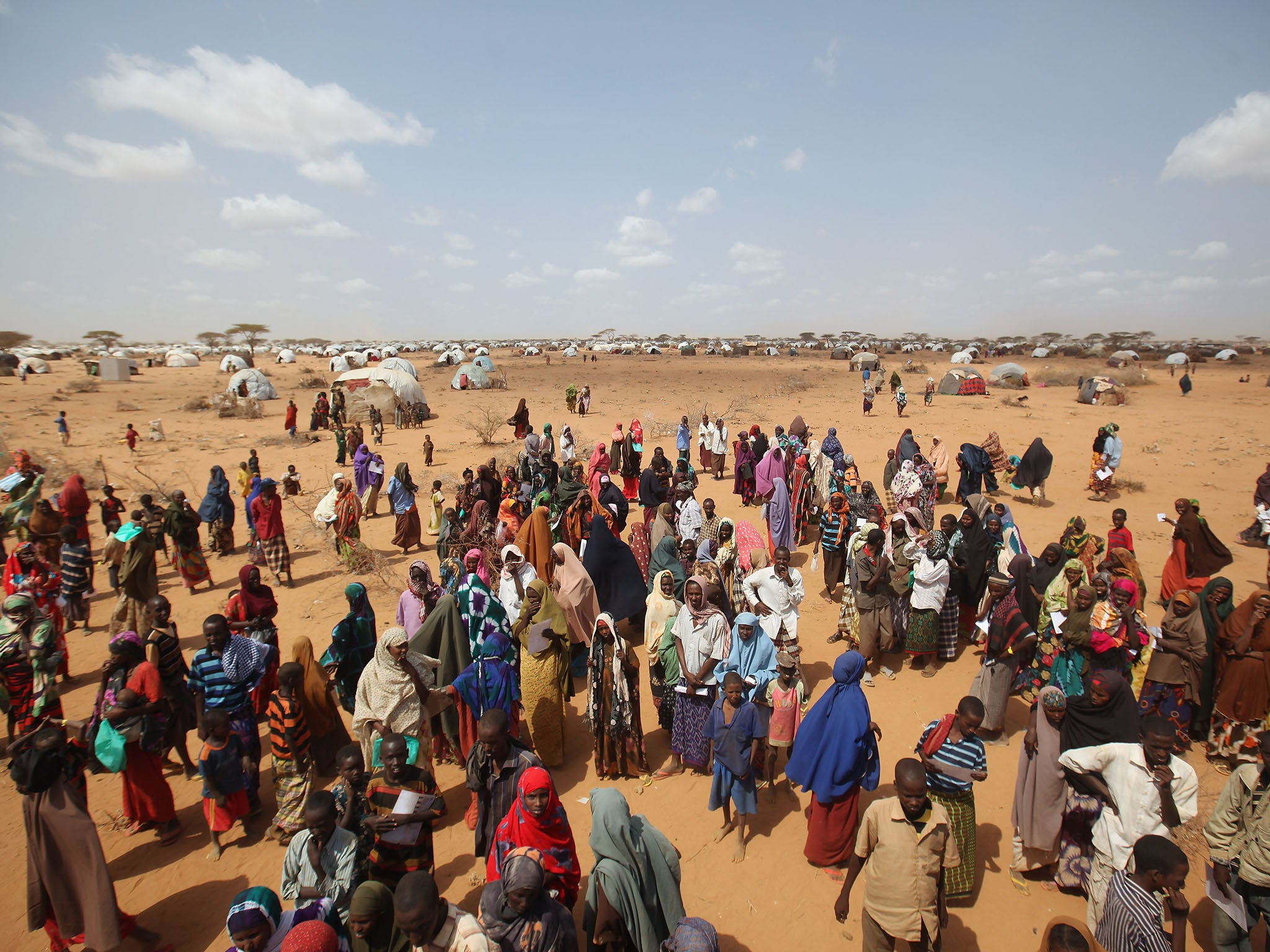Kenya to close all refugee camps and displace 600,000 people
'This reckless decision by the Kenyan government is an abdication of its duty to protect the vulnerable and will put thousands of lives at risk,' Amnesty International warns

Your support helps us to tell the story
From reproductive rights to climate change to Big Tech, The Independent is on the ground when the story is developing. Whether it's investigating the financials of Elon Musk's pro-Trump PAC or producing our latest documentary, 'The A Word', which shines a light on the American women fighting for reproductive rights, we know how important it is to parse out the facts from the messaging.
At such a critical moment in US history, we need reporters on the ground. Your donation allows us to keep sending journalists to speak to both sides of the story.
The Independent is trusted by Americans across the entire political spectrum. And unlike many other quality news outlets, we choose not to lock Americans out of our reporting and analysis with paywalls. We believe quality journalism should be available to everyone, paid for by those who can afford it.
Your support makes all the difference.Kenya plans to close all of its refugee camps in a move that would displace more than 600,000 people.
The country's government said it was shutting down the camps due to “very heavy” economic, security and environmental issues. Those due to close include Dadaab, the largest refugee camp in the world, home to more than 300,000 people on the Kenya-Somalia border.
Karanja Kibicho, Kenya’s secretary for the Ministry of Foreign Affairs and International Trade, cited the influence of terror group Al-Shabaab as among the risks of keeping the camps open.
Mr Kibicho said in a statement: "Kenya, having taken into consideration its national security interests, has decided that hosting of refugees has come to an end.
"The Government of Kenya acknowledges that the decision will have adverse effects on the lives of refugees and therefore the international community must collectively take responsibility on humanitarian needs that will arise out of this action."
It is not yet clear when the closures will begin, but the Kenyan government has already disbanded the Department of Refugee Affairs, which worked with humanitarian organisations for the welfare of the refugees. The closures mean Somali asylum seekers would be forced to return to the situation they fled.

Mwenda Njoka, interior ministry spokesman, added: "The message is clear; we are closing the camps and we will not accept more refugees in the country."
Human rights groups lambasted the decision, expressing concern at the hundreds of thousands of refugees it could put in danger.
Muthoni Wanyeki, Amnesty International's regional director in East Africa, told The Independent: “This reckless decision by the Kenyan government is an abdication of its duty to protect the vulnerable and will put thousands of lives at risk.
"It could lead to the involuntary return of thousands of refugees to Somalia and other countries of origin, where their lives may still be in danger. This would be in violation of Kenya’s obligations under international law.”
Liesbeth Aelbrecht, Medecins sans Frontieres’ head of mission in Kenya, said the move was another example of the “blatant neglect of millions of refugees” around the world.
Ms Aelbrecht said: "MSF is urging the government to reconsider this call, and – alongside the international organisations already present in the camp – to continue to provide humanitarian assistance and ensure acceptable living conditions for the hundreds of thousands of people who desperately need it."

Human Rights Watch told The Independent there was no “credible evidence” linking Somali refugees to any terrorist attacks in Kenya.
Last year, food rations in the camp were cut due to a lack of funds.
Join our commenting forum
Join thought-provoking conversations, follow other Independent readers and see their replies
Comments